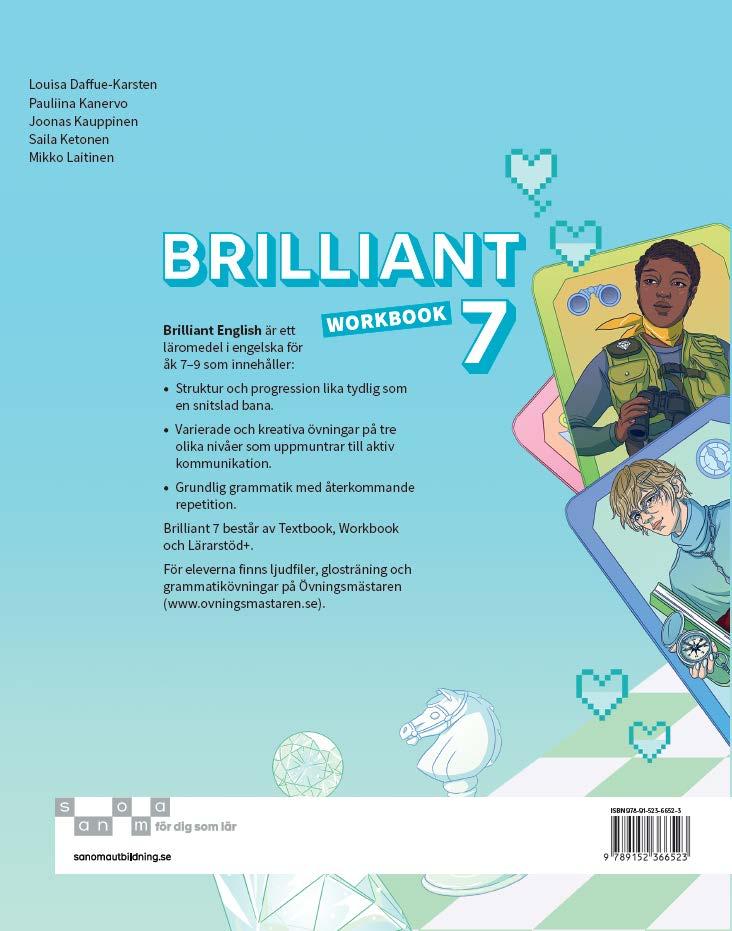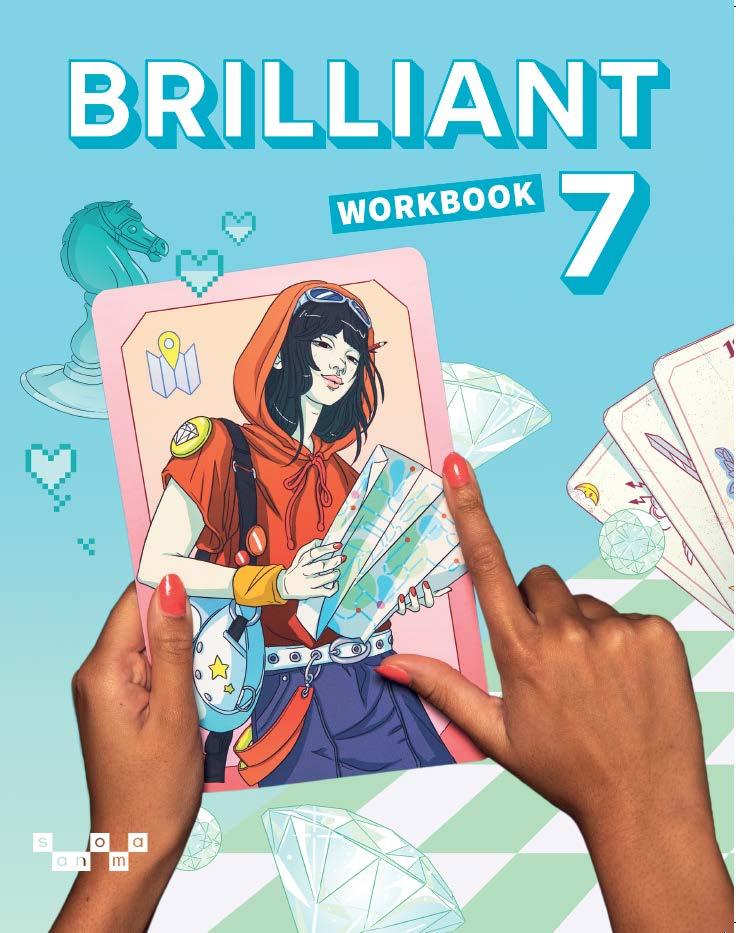

THEME 4

Goals
What words related to housing do you remember? Write the words inside the house. Compare your words with those of a classmate and add any new words to your word list.
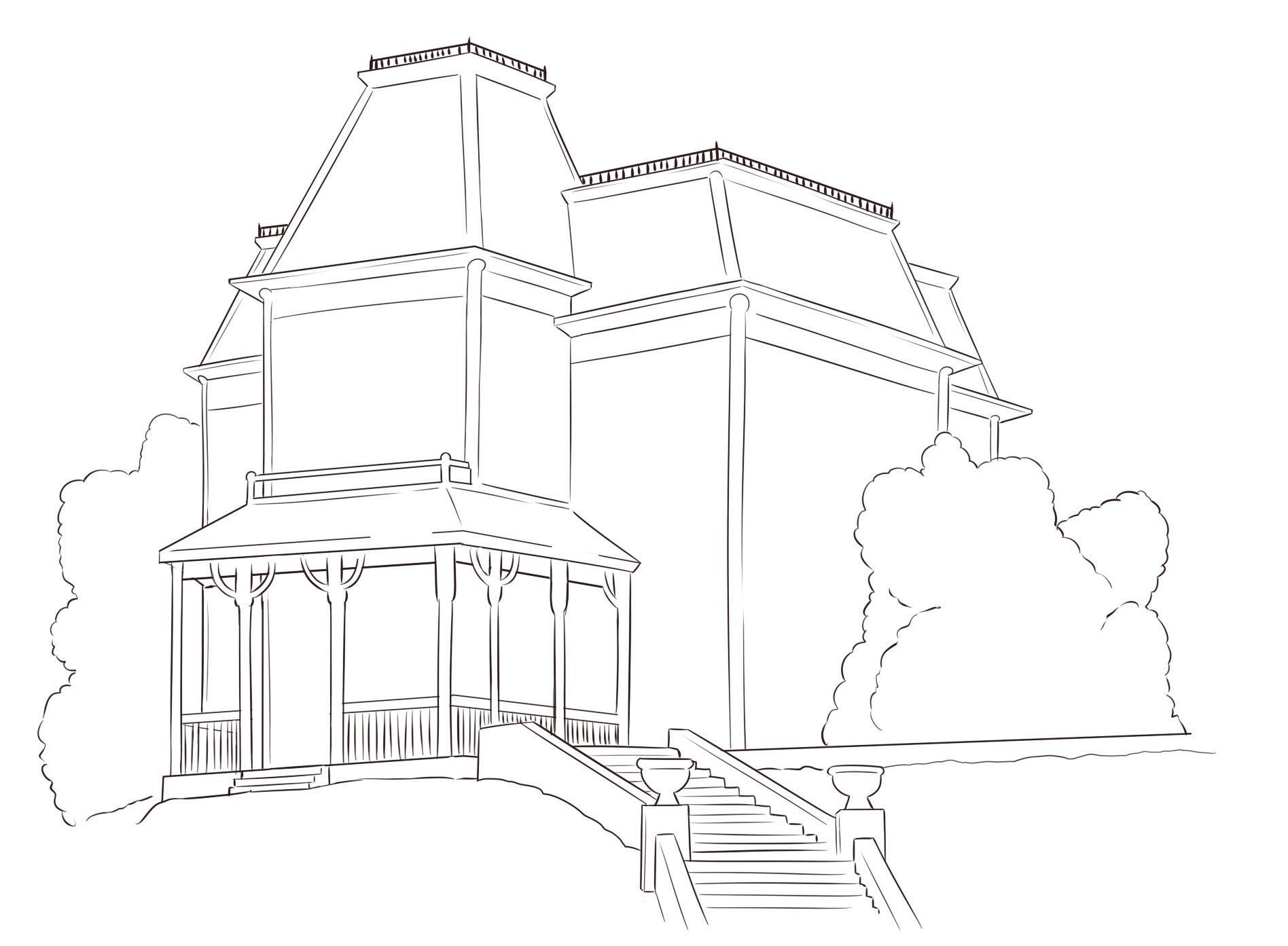
2
What are some of the things you are going to focus on in Theme 4? What things are important to you? Tick the boxes.
I want to learn how to make suggestions and respond to them politely.
I want to learn how to talk about di erent types of homes and my own room.
I want to learn how to discuss tourism and cultural di erences.
I want to learn how to talk about upcoming events.
13
Welcome to Namibia!


In this theme, you will meet Laura and Judy, who live in Namibia, Africa. What do you know about Namibia?


Good to know
English is the lingua franca in southern Africa.

Are the statements true or false?
Correct the incorrect statements. You can find information online.
1 The capital of Namibia is Windhoek.
2 The Pacific Ocean is west of Namibia.
3 The country that lies north of Namibia is South Africa.
4 Namibia is almost two and a half times bigger than Germany.
5 There is a big desert in Namibia. It is called the Sahara.
6 Namibia has a bigger population than Sweden.
7 Nama, Otjiherero, and Oshiwambo are some of the languages spoken in Namibia.
8 Some Welwitschia plants are more than a 1 000 years old. They have many long leaves.
9 A Gemsbok is a type of antelope. The female has longer horns than the male.
10 A sidewinder is a lizard that moves sidewise in the sand of the desert.

T F

4 5
concert hockey game cleaning day movies TALK & T ELL
Listen to the conversations.
Complete the sentences.
1 No , Gran. .
2 Yes, Mrs Black. That .
3 I don’t think so, no. But anyway.
4 , I can’t. I have to help my brother with something.
Whenever you ask for something, use the word please. And do not forget to thank people politely.
Fill in the days in the calendar. You can use the suggestions from the box or come up with your own activities. Leave three days empty. Do not show your calendar to others.
• Work together with a classmate. Take turns suggesting an activity you would like to do together. Suggest a date.
• If you suggest a date your classmate is busy, they should politely decline. If you suggest a date your classmate is free, they should accept and write your name on that day in their calendar.
• Take turns proposing things to do. The winner is the one who first finds all the empty days in the other's calendar.
Do you want to go for a pizza on Monday the 8th? Sorry, I can’t. I have piano practice.
Sure. Sounds like fun!


Listen and repeat. Pay attention to how the person stresses their words. 6
1 invite
2 record
3 record
4 present
5 present
6 potato
7 understand
8 photograph
9 photographer
10 February
11 information
12 electricity
Listen to the words again. Underline the syllables that are stressed.
7
Translate the words. The speech bubbles provide some help. Read the sentences in the speech bubbles aloud with a classmate.
record record present present
Wait, I want to record this with my camera.
Stress can change the meaning of words.
That is a new world record!
Happy birthday! I have a present for you.
I have to present a book about Namibia at school tomorrow.
Read the sentences aloud. 8
The friendly photographer showed Judy and her friends fantastic photographs from Sweden in February.
Laura deserted her delicious dessert in the distant desert.
9
Lisa and Alex are at a flea market.
What words are mentioned in the conversation?
Tick the boxes. Three are left out.
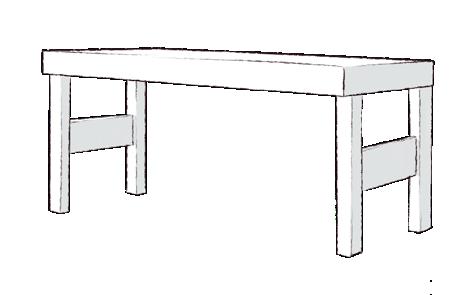


10

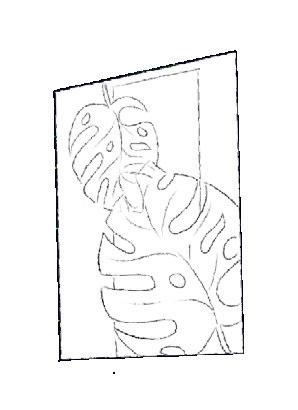
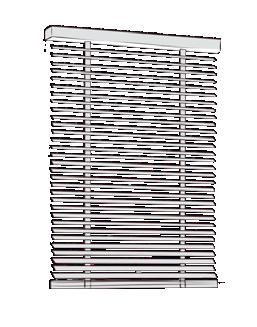
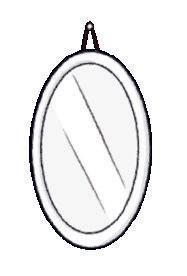
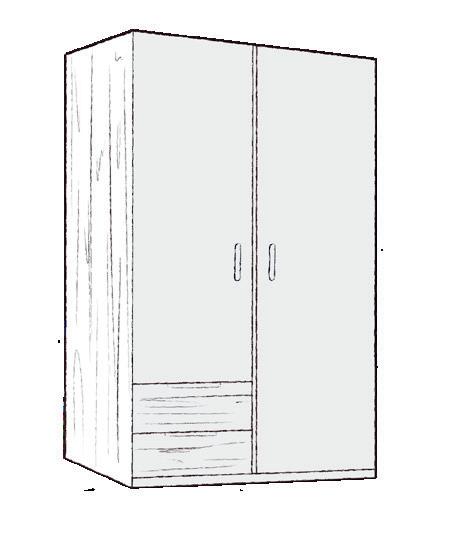

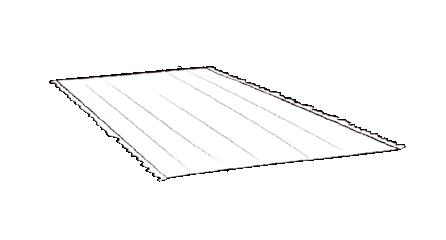
Play with a classmate. Choose whether to be Player A or Player B.
• Player A starts by saying the word next to the START box in their grid.
• Player B should find that word in English in their grid. Then they should say the Swedish word next to it.
• Player A, in turn, should look for that word in English word in their grid. Then they should say the Swedish word next to it.
• The game continues until Player B reaches the FINISH box.
Player A
START en lägenhet
in the city centre i en liten stad
a bed sheet en soptunna
a light switch en vägg
a terraced house / a row house på landet
a block of flats / an apartment building ett innertak
a bookshelf en garderob
a socket ett fristående hus
Player B
in a small town en strömbrytare
a flat / an apartment ett radhus
a ceiling ett lakan
a detached house ett höghus
a wall en bokhylla
in the countryside i stadskärnan
a wardrobe ett uttag
a rubbish bin FINISH
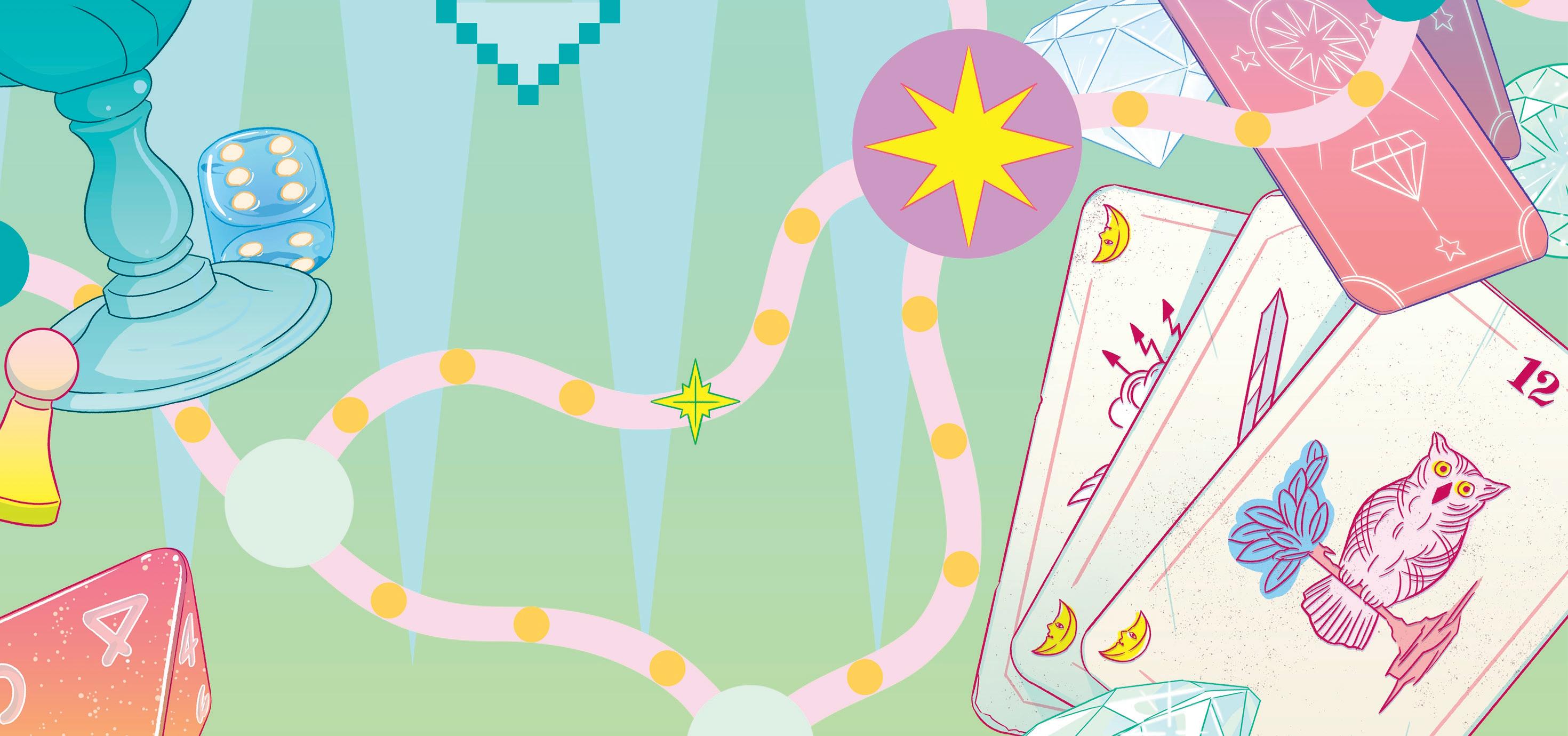

Where do I live?
∙ people människor
∙ live bor
∙ many många
∙ different kinds of olika sorters
∙ a home ett hem
∙ many of us många av oss
∙ some några
∙ large stor
∙ a cottage en stuga
∙ in some parts of the world i några delar av världen
∙ a boat en båt
∙ a tent ett tält
∙ these dessa
∙ a bedroom ett sovrum
∙ own egen/eget
∙ a bathroom ett badrum
∙ almost nästan
∙ everything allting
∙ a sheet ett lakan
∙ a duvet ett täcke
∙ on the floor på golvet
∙ this summer den här sommaren
∙ I will paint jag ska måla
∙ as well också
∙ I’m working on it jag jobbar på det
∙ very mycket
∙ clothes kläder
∙ special speciell
∙ a box en låda
∙ under the bed under sängen
∙ round rund
∙ a window ett fönster
∙ curtains gardiner
∙ when när
∙ *lie, lay, lain ligga
∙ on my bed på min säng
∙ all around me runt omkring mig
∙ quite ganska
∙ low låg
∙ I have to be jag måste vara
∙ careful försiktig
∙ *stand, stood, stood stå
∙ hope hoppas
∙ I will not grow jag kommer inte att växa mer
∙ any taller ännu längre
∙ a houseboat en husbåt
∙ tomorrow imorgon
∙ we are having a party
vi kommer att ha en fest
∙ at our place hemma hos oss
∙ move flytta
∙ some stuff några saker
∙ a living room ett vardagsrum
∙ a basement en källare
∙ just for the party bara för festen
∙ Dad pappa
∙ carry bära
∙ down the stairs nedför trappan
∙ on the top floor på översta våningen
∙ there is no elevator det finns ingen hiss
∙ it was hard work det var hårt arbete
14
15
Study the word list. Tick ten words or phrases that you think are the most important. Choose one of the tasks below to complete.
A Compare your list with a classmate’s. Read the words and phrases you have chosen, aloud in English. Come up with at least five sentences together. Use the words and phrases that you chose.
B Make a crossword puzzle for your classmate. Choose at least ten challenging words or phrases from the word list to put in it. Solve each other's crosswords.
What is the word? Reorganise the letters and write the word in English. Match it with the Swedish translation. There are two translations you won’t need.
1 GEARL
2 EELOPP
3 DIONWW
4 HELCTSO
5 CAGETOT
6 STAINRUC
7 DOOBMER
8 HATMOORB
9 WROMROOT
10 ENTVIRGHYE
16
Which word doesn't belong? Circle it.
1
2
3
4
O badrum
R sovrum
E vardagsrum
N stuga
V fönster
G gardiner
D källare
M allt
I kläder
L stor
I människor
O imorgon
6
a bedroom, a bathroom, a box, a party
Our house is your house
∙ a football player en fotbollsspelare
∙ a team ett lag
∙ was invited to play blev inbjuden att spela
∙ a tournament en turnering
∙ stay här: stanna hos
∙ a capital city en huvudstad
∙ for three weeks i tre veckor
∙ a mother tongue ett modersmål
∙ too fast för snabbt
∙ Alright? Okej?
∙ *put, put, put sätta
∙ like I asked you to som jag bad dig om
∙ try försöka
∙ slowly långsamt
∙ jeez jösses
∙ calm down lugna ner dig
∙ a Swede en svensk
∙ come on kom igen
∙ he’s never been to Africa before han har aldrig varit i Afrika förut
∙ *have a good time ha så roligt/skoj
∙ I’ll get the door jag öppnar dörren
∙ a bag här: en väska
∙ down here här nere
∙ for now tillsvidare
∙ *show you around visa dig runt
∙ *have lunch äta lunch
∙ hope hoppas
∙ a sausage en korv
∙ barbecue grilla
∙ in the traditional Namibian way på traditionellt namibiskt vis
∙ erm öh
∙ *take off här: ta av
∙ a shoe en sko
∙ a scorpion en skorpion
∙ into the house in i huset
∙ dry torr
∙ at the moment för tillfället
∙ to look for water för att leta e er vatten
∙ painful smärtsam
∙ step kliva (på)
∙ through here genom här
∙ in summer på sommaren
∙ lots of massor av
∙ a mosquito en mygga
∙ in the north of Sweden i norra Sverige
∙ I’d love to go Jag skulle gärna åka
∙ next summer nästa sommar
∙ Europe Europa
∙ travel resa
∙ once en gång
∙ last year förra året
∙ What was it like? Hur var det?
∙ a fan ett fan
∙ like som
∙ press trycka
∙ turn on sätta på
∙ a desk lamp en skrivbordslampa
∙ a problem ett problem
∙ electricity elektricitet
∙ it comes and goes det kommer och går
∙ it’s a pain det är jobbigt
∙ they warned us de varnade oss
∙ a power cut ett strömavbrott
∙ happen hända
∙ about twice a week ungefär två gånger i veckan
∙ you should du borde
∙ charge ladda
∙ whenever you can när du kan
∙ against the sun här: skydd mot solen
∙ during the day under dagen
∙ I wish we had jag önskar vi hade
∙ air conditioning lu konditionering
∙ the environment miljön
∙ a temperature en temperatur
∙ right now just nu
∙ don’t worry oroa dig inte
∙ cool down svalna
∙ a hot tub en badtunna
∙ a shower en dusch
∙ at home hemma
∙ tease reta
∙ *go for a swim ta ett dopp
∙ a pool en pool/simbassäng
∙ the Nama en namibisk folkgrupp
∙ a tribe en stam (folkgrupp)
∙ a click consonant en klickkonsonant
22
Choose three tasks (A–E) to complete.
A Study the word list with a classmate.
• Find all the words beginning with the letter “t” in the word list.
• Take turns to read the words aloud at least three times.
• How many words do you remember? Write the words in the cloud.
B Say a word from the word list in English to a classmate. Your classmate should translate the word into Swedish and find a word that begins with the last letter of the word you said. How many words can you find? You can play more than one round.
C Read a sentence aloud to a classmate. Your classmate should translate the sentence into Swedish. Read the sentences until you no longer need help from the word list.

1 Oliver is a .

2 Laura has a new in her room.
3 I’ll get the

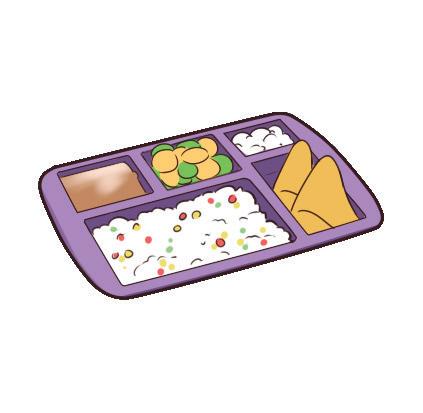
4 We’ll have at one o’clock.
5 I really like .

6 Take o your , please.
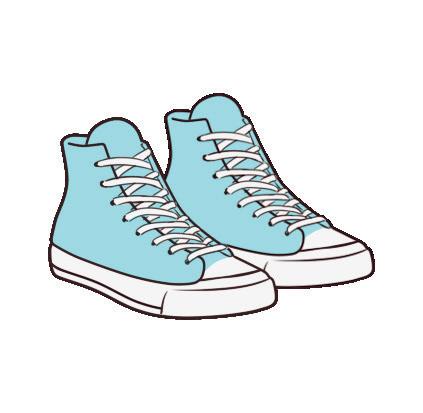

7 Do you have in ?
8 No, but we have lots of



9 I wish we had .

D Create a word search. It should contain at least ten words from the word list. Let a classmate solve the puzzle.
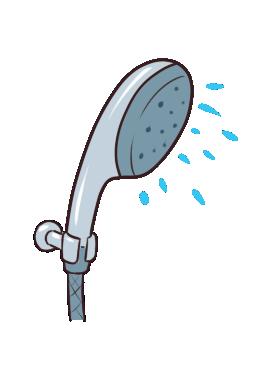
10 Do you prefer or ?
E Write four sentences in Swedish about the words in the word list. Ask a classmate to translate the sentences into English.
Listen to the story of the country mouse and the town mouse. Choose task A, B, or C to complete.
A Underline the correct alternative.
1 The mice were cousins / brothers / friends.
2 The country mouse found life in the countryside boring / happy / exciting.
*
3 The town mouse lived in an apartment / a park / a detached house.
4 The mice ate the country mouse’s snacks / people's leftovers from dinner / food cooked by a town mouse.
*
5 The mice broke / The cat broke / The woman broke the flower vase.
6 In the end, the country mouse thought that life in the city / country suited him better.
B Answer the questions in English.
1 Where did the country mouse live?
2 Why didn’t the town mouse like life in the countryside?
*
3 Where did the town mouse live?
4 What did the mice eat for dinner? (three things)
*
5 Why didn’t the cat catch the mice?
6 Why didn’t the country mouse like life in the town?
C What do you think the country mouse was thinking during the story? Answer the questions in your own words.
What do you think the country mouse thought …
1 when the town mouse talked about his life in the town?
2 when he saw where the town mouse lived?
3 when they had dinner?
4 when the woman was chasing them with a broom?
5 when he was on his way back home to the countryside?
Would you like to live like the country mouse or the town mouse? Why?

31
Irregular verbs
Listen and repeat the irregular verbs. Pay attention to pronunciation. Infinitive Past simple Past participle Swedish begin began begun börja blow blew blown blåsa bring brought brought ta (med sig) buy bought bought köpa cost cost cost kosta drink drank drunk dricka fly flew flown flyga grow grew grown växa pay paid paid betala put put put sätta
32
Test your skills.
• Practise reading the verbs aloud with a classmate for a couple of minutes.
• Close your book and write down the verbs you remember in English.
• Repeat the exercise as many times as you need to remember all the verbs and their inflections.
33
Complete the sentences with the correct verb forms from exercise 31.
1 My holiday last week.
2 My family and I to Spain.
3 The first day was really hot but luckily the wind hard.
4 I had to a lot of water.
5 Yesterday I a new cap and I only five euros for it.
6 However, today I couldn’t remember where I it.
34
Write questions to match the answers.
1 I bought it last week.
2 It cost only twenty euros.
3 I think you put it in your bag.
4 First we flew to Germany.
5 It begins at ten.
6 Sure, I’ll bring you some water.
MAin TEXT Checkpoint
Play this game with a classmate.
• Time how long it takes you to play the game.
• Start from the Start square.
• Say the Swedish word or phrase in the box to your classmate.
• Your classmate should search the grid for the matching word or phrase in English. Once they have found it, they should read the Swedish word or phrase contained in the same box.
• The game ends when you return to the Start square.
START äta lunch reta nästa sommar
tease a power cut take o
en fotbollsspelare en turnering för snabbt
slowly a football player a mosquito
i norra Sverige långsamt ett strömavbrott
next summer Calm down. in the north of Sweden
Lugna ner dig. en mygga ta av
too fast a tournament have lunch
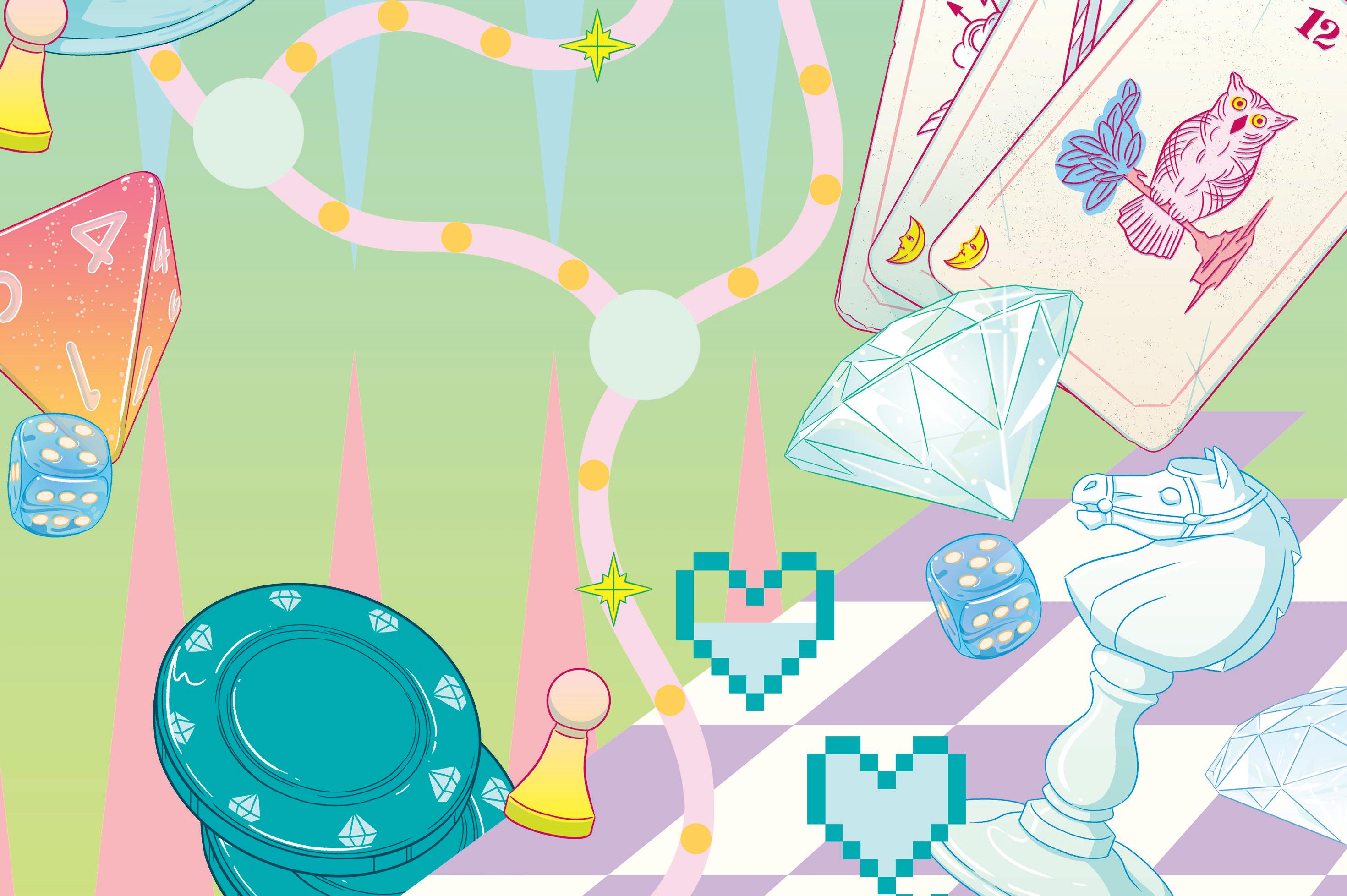
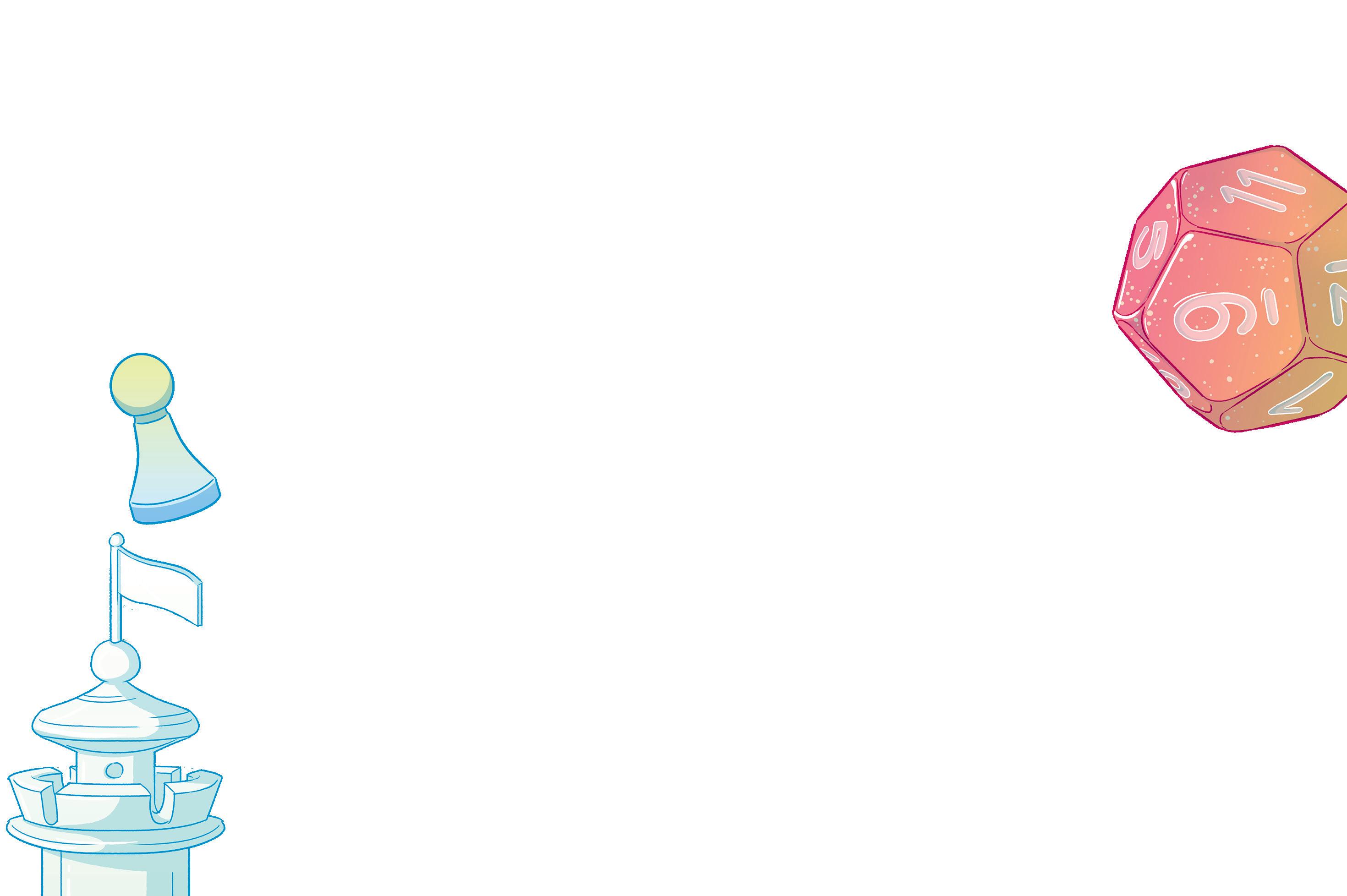
How many points did you get?
Your score is determined by how long you took to play.
• 0–1 minutes = 10 points
• 1–2 minutes = 8 points
• 2–3 minutes = 6 points
• 4 minutes or more = 4 points
My score / 10 p.
Underline the correct word or phrase.
36 / 10 p.
37
1 Laura’s mother / home tongue is English.
2 You need to calm / calm down now. Stop shouting.
3 I want him to be / have a good time.
4 Welcome! Let me show / tell you around.
5 You don’t have to take off / away your shoes in our house.
6 It is very dry at / in the moment.
7 You must charge your phone whenever you will / can.
8 In summer, it is very hot during / on the day.
9 We will charge / barbecue the sausage outside.
10 You can swim in the pool / shower at night if you like.
Complete the text.
Oliver has now been in Namibia 1 . He doesn’t i tre veckor
2 his shoes inside the house, and he remembers to 3 ta av ladda his phone 4
. There is 5 när han kan strömavbrott about twice a week, but it’s not really 6 if you plan carefully. problem
When it’s very hot, he takes a cold 7
. Sometimes, he 8 dusch tar ett dopp in the middle of the night. There is 9 en simbassäng
in the garden, only five metres away from his room. When he looks up at the thousands of stars, Oliver thinks about his family 10 in Sweden. hemma
/ 10 p.
Checkpoint

6–13 points
Keep it up!
Enter your score here: / 30 p.
14–21 points Well done!

22–30 points Brilliant!


Be going to

I am going to paint my room today. Olli is going to help me. We are going to have fun together.
What are you going to do today?
In English, intention is expressed with the be going to-structure.
BE GOING TO MAIN VERB (conjugated according to the subject) (base form)
38
Read the text in the speech bubble. Complete with the correct forms of the verb be.
BE = att vara
I you
he/she/it we you they are
I’m not going to buy a new rug.
Pia isn’t going to carry the armchairs alone.
39
Sadie talks about her party. Circle the correct form of the verb be.
1 Tomorrow we am / is / are going to have a party at our place.
2 Dad and I am / is / are going to move some stu to the basement.
3 Mum am / is / are going to take care of the food.
4 I am / is / are going to bake a cake.
5 All my aunts and uncles am / is / are going to come.
6 We am / is / are going to have so much fun!
Good to know
Going to is o en abbreviated (shortened) as gonna. However, the form going to is used in writing.
Complete the sentences using the hints.
Use a be going to-structure.
1 Oliver football today. kommer inte att spela
2 Laura’s mum sausages. kommer att grilla
3 Oliver and Laura inside. kommer inte att stanna
4 They in the pool. kommer att simma
5 I with them. kommer inte att gå
6 Oliver’s team the tournament? kommer vinna
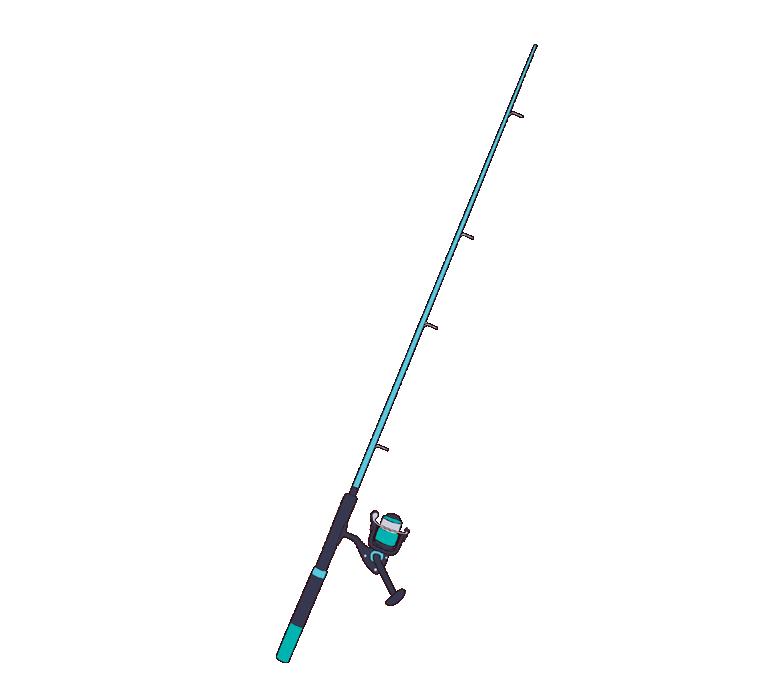
Write what the people are going to do or what they are not going to do over the weekend.


1 Oliver
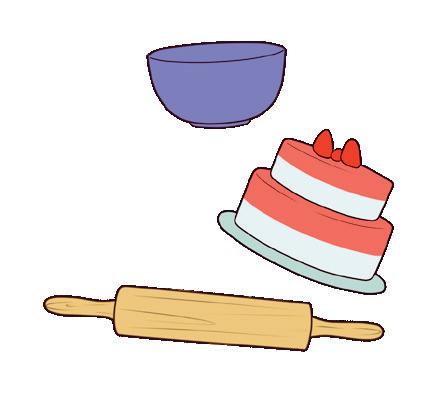
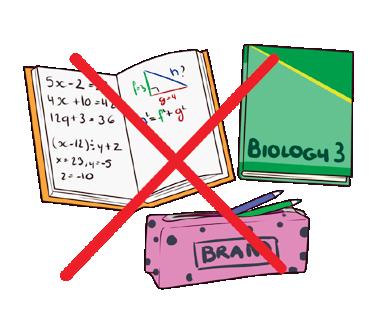
4 I
5 Oliver’s football team
6 We
40 41 2 Laura and Judy 3 Laura’s mumFUTURE TENSE
The future tense is a verb construction that shows what will happen in the future.
will + verb in infinitive form
“I will travel to Namibia this summer.”
“I’ll stay there for three weeks.”
The English future tense is similar to Swedish. Instead of will we use kommer att or ska.
”Jag ska resa till Namibia i sommar.”
”Jag kommer att vara där i tre veckor.”
won’t + verb in infinitive form
“She won’t stay at a hotel.”
won’t = will not ?
(question word) + will + subject + verb in infinitive form
“(When) will you pack your bags?”
42
Listen and complete the sentences.
1 Kayley the walls in her room pink.
2 Soon her desk and bookshelf pink, too.
3 Hayden hopes he any taller.
4 If he does, he able to stand in his houseboat.
5 Sadie’s family a party at their place tomorrow.
6 She and her dad armchairs to the basement.
43
Complete the sentences using the hints. Use the future tense.
1 When I grow up, I a houseboat. ska köpa
2 I the walls blue. ska inte måla
3 When I lie on my bed, I the sea. ska se
4 I a wardrobe. ska inte ha
5 I my clothes in boxes under the bed. ska lägga
6 Where you when you grow up? ska bo
44
Translate the sentences into English. Use the future tense.
1 Oliver bor hos Lauras familj i tre veckor.
2 Han spelar inte fotboll idag.
3 Laura visar honom runt i huset.
4 Lauras mamma grillar korv till lunch.
5 Oliver förstår inte vad Judy säger om hon pratar så.
6 Oliver , Laura och Judy går och simmar.
47

Play Battleships with a classmate. This version of the game is all about New Year's resolutions.
• Each player has their own grid. Each box on the grid contains a New Year’s resolution. Mark your ‘ships’ on the grid by shading connecting squares. You should have one ship with five squares, two with four squares and three with three squares. Your ships can be marked horizontally, vertically or diagonally. Don’t show the grid to your classmate.
• Take turns. Choose a box and read out the New Year’s resolution in English. Circle the number so you know which ones you have read out. If you get a hit, that is, you say a resolution from a box where your classmate has a ship, they say: Hit! In this case, mark the circled number to remember that there is a ship there. If there is no hit, your classmate will say: Miss! Find the solutions on page 253.
• When you sink your classmate's entire ship, they say Hit and sunk! The winner is the one who first sinks all the other person’s ships first.
1
Jag ska spara pengar.
7
Jag ska inte dricka läsk varje dag.
13
Jag ska gå och lägga mig tidigt.
19
Jag ska städa upp e er mig.
25
Jag ska inte köpa saker jag inte behöver.
31
Jag ska inte glömma att borsta mina tänder.
2
Jag ska hjälpa någon varje dag.
8
Jag ska inte börja röka.
14
Jag ska inte använda mobilen hela natten.
20
Jag ska lära mig ett nytt språk.
26
Jag ska ringa mina mor- och farföräldrar varje vecka.
32
Jag ska le o are.
3
Jag ska lära mig att laga någon ny maträtt.
9
Jag ska äta mer grönsaker.
15
Jag ska bädda min säng varje morgon.
21
Jag ska inte komma för sent till skolan.
27
Jag ska vara snäll på sociala medier.
33
Jag ska hälsa på andra människor.
4
Jag ska läsa fler böcker.
10
Jag ska träna mer.
16
Jag ska inte mobba någon.
22
Jag ska ägna mindre tid åt sociala medier.
28
Jag ska inte sitta för mycket.
34
Jag ska göra mina hushållssysslor.
5
Jag ska börja med en ny hobby.
11
Jag ska testa en ny stil.
17
Jag ska inte vara otrevlig mot någon.
23
Jag ska återvinna mer.
29
Jag ska inte sova så länge på morgonen.
35
Jag ska lära mig spela ett instrument.
6
Jag ska städa mitt rum varje vecka.
12
Jag ska lyssna på ny musik.
18
Jag ska göra mina läxor varje dag.
24
Jag ska dricka mer vatten.
30
Jag ska äta skollunch varje dag.
36
Jag ska inte göra mina läxor på natten.
48
What could you do with your classmate next weekend? Give each other suggestions.
What shall we do at the weekend? Shall we go fishing?
Good to know
In polite suggestions with the pronouns I and we, the auxiliary verb shall is used.
Shall I make some lunch?
Ska jag göra lunch?
Shall we go swimming? Ska vi gå och simma?
Yes, let’s do that!
GO to a concert to the movies to the gym to the beach for a walk
swimming skiing skateboarding hiking shopping
I’m not sure about that.
PLAY football padel disc golf chess cards video games board games
make videos take photos listen to music paint draw fly a kite dance
49
Translate into English. Consider whether to use the auxiliary verb will or shall.
1 Ska jag öppna fönstret?
2 Ska du lyssna på musik?
3 Ska du gå och öppna dörren?
4 Ska vi gå och simma?
5 Kommer du att vara okej?
6 Kommer jag att lära mig att prata nama?
Grammar checkpoint
53
Hayden dreams about the future.
Fill in the missing verbs, in the future tense, using the hints.
be buy do forget go have live need paint read
I 1 in the countryside. I 2 the sea because bor glömmer inte
I 3 sailing every weekend and on holidays. I 4 går målar the walls in my room white and I 5 a wardrobe, so I 6 har behöver inte to keep my clothes in boxes anymore. I 7 my books sitting in an armchair läser inte because I 8 a beanbag. Because the ceiling 9 higher, I’ll be ska köpa är able to stand up straight and I 10 my homework standing at an electric desk. gör
/ 10 p.
54
What will housing be like in the future? Fill in the gaps based on the hints.
In 2050 houses 1 much di erent from the outside to what they do now. kommer inte att se ut
On the inside, however, they 2 di erent. 3 keys kommer att vara kommer inte att behöva anymore because the house 4 when you have arrived home and kommer att veta it 5 the door for you. It 6 the lights kommer att öppna kommer att slå på and start playing your favourite music, too. You 7 to think about what kommer inte att behöva colour you’d paint the walls, since the colours of the walls 8 kommer att ändras to suit your mood every day or many times a day. Household robots 9 kommer att städa your house and you 10
what your 3D printer prepares for you. kommer att äta
But what about garages? 11 cars or kommer vi att ha
12
kommer vi att förflytta oss
around in another way?
/ 12 p.
Oliver is thinking about the upcoming tournament. Fill in the missing verb forms using the hints.
1 and watch our matches next week?
Kommer du
If the stands 2 full, 3 people cheer är höra
and it 4 our team a boost. It 5 ge gör
us try even harder.
If 6 the tournament here in Namibia, people back in Sweden vi vinner
probably 7
to the square to celebrate, but it 8 kommer inte att gå kommer att bli awesome anyway! 9 my best.
kommer att göra
10 very disappointed if 11 , kommer inte att inte vinner because 12 fun anyway. jag kommer att ha
13 you some cool tricks with the ball now ska jag lära
or 14 swimming first?
ska vi gå
/ 14 p.
Checkpoint

8–16 points
Keep it up!
Enter your score here: / 36 p.
17–27 points
Well done!

28–36 points Brilliant!


The house of the future
56
What uses will household items have in the future?
Match the descriptions with the correct word.
1 Gives advice on what to wear.
2 Prevents SAD (seasonal a ective disorder).
3 Makes sure you're not too cold or too hot.
4 Works with voice commands.
5 Cleans itself with UV light.
57
needs EXTRA TEXT A

A window
B mirror
C duvet
D refrigerator
E pillow
58
Write words from the text that fit the statements in the boxes.
It has legs.
You keep things inside it.
It makes things hot.
Choose one of the tasks below to complete. Write a text in which you answer the question.
It is so
.
electricity to work. It goes on the walls.
A What two predictions in the text do you think will come true? Why?
B What predictions in the text are not realistic? Why not?
C What things do you do in your home that are ecological?
59
Choose one of the future household appliances presented in the text. Make a promotional poster. Come up with a name, price and slogan for the appliance.
Use your poster as support. Give a classmate a short sales pitch, where you promote the product and explain everything you can do with it.
60
Roll two dice. Say the question formed by the numbers. A classmate gets to answer the question.
61
What will …
TVs school beds computers shops bathrooms
… be like …
/ in ten years? / in 50 years? / in 500 years?
Often, predictions can go terribly wrong. Connect each prediction to its subject matter and the source behind it. Search for information online.
1 They are a waste of time. People will ride horses in the future as well.
2 They will only weigh one ton in the future.
3 It won’t last many years. People won’t want to stare at a wooden box every night.
4 They will all work with nuclear power in a few years.
5 It is not needed in Great Britain. There are plenty of messenger boys.
Sir William Preece from the British Post O ice writing about telephones in 1878.
An article about cars in The Washington Post in 1903.
The head of 20th Century Fox talking about television in 1946.
An article about computers in The New York Times, 1949.
Alex Lewyt, president of the Lewyt Vacuum Company, talking about hoovers in 1955.
Projects
Choose one of the tasks below to complete.
A My favourite place indoors
Tell us about the place where you feel most comfortable indoors. What is it like? Where is it? Why is it important to you?
Write, record a video or record yourself talking.
B My room
Shoot a video showing your room. For examples of how to make a video, see the videos on page 86 in the textbook.
C My dream room
Draw a floor plan below of your dream room or search online for a picture of a nice room. Write an accompanying description of what your dream room would be like. You can also attach pictures of furniture and decor that you like.
Good to know
Pay attention to copyright!
Writing prompts, p. 251
75
Evaluate how well you have learned the topics covered in Theme 4.
I learned how to politely o er, accept and decline things in English.
I learned how to talk about my home and room in English.
I learned how to talk about upcoming events in English.
76
What words related to housing do you remember now? Write them inside the house. Compare these words with the words you wrote on page 128.

